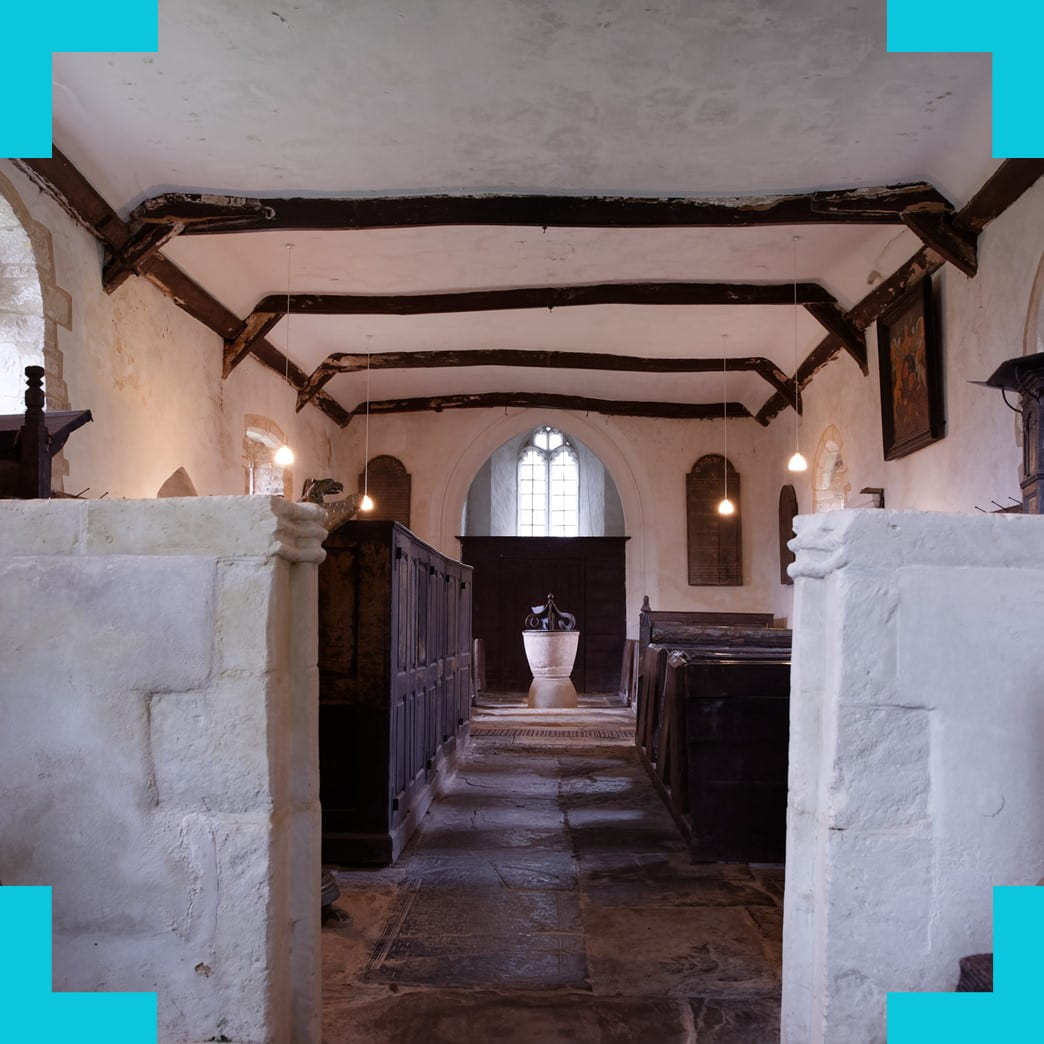Tackling uncertainty across the centuries: medievals and moderns in conversation.
How can medieval churches tackle longstanding issues of uncertainty in contemporary rural life? This research aims to draw on the roles of heritage sites to help develop place-based responses to this question.

Image credit: Simon Bowen
Uncertainty is a key characteristic of everyday life for many living in Somerset, UK, due to social isolation and reduced access to key services, employment and education. However, in responding to these issues, rural innovation policy often overlooks the need to draw on the long history of community life and to look beyond the particular geographical community.
Heritage sites have always been in a state of transition and part of local, national and even transnational activities. These sites offer long term potential in developing innovative place-based responses to rural uncertainty.
What did the project involve?
This research drew on the history of heritage sites, alongside a body of community-embedded research exploring the uncertainties of rural life, in order to:
- Build a picture of how these sites functioned as centres of community life in the medieval period, expressing local narratives through transnational ones.
- Create an interactive audio installation that adds to this conversation.
The researchers sought to generate a new understanding of these sites, affirming their role in the development of placed-based responses to uncertainty, and not simply as historic properties to be repurposed.
Who are the team and what do they bring?
- Thomas Metcalfe (Centre for Innovation and Entrepreneurship) is an experienced interaction designer with a focus on collaborative making and will lead on the design of the interactive and user experience elements of the audio device.
- Tim Senior (Supersum) has expertise in the development of innovative cross-sector working practices. He will support and coordinate the research project.
- Marianne Ailes (Modern Languages) will lead on medieval cultures, using her expertise on the influence of transnational narratives on literary and visual cultures and communities.
- Stuart McClean (UWE Bristol) will share the body of research findings from previous work on rural uncertainty, which provides a foundation for the current research project.
- Ed McGregor (Churches Conservation Trust) will provide access and volunteer support at the Trust’s sites. The Trust will also advise on the non-invasive installation of the interactive audio devices.
- Simon Bowen and Alexander Wilson (Jigsaudio, Open Lab, Newcastle University) designed the Jigsaudio system, which the project’s audio device will build on. Simon and Alexander will tailor it to the project’s needs and will bring experience in using technologies to facilitate co-design activities.
What were the results?
At the centre of the project’s ‘collaborative making’ approach was an interactive audio device. It was based on the Jigsaudio system, which was developed as a tool to explore how drawing and talking can provide a voice in questions of place change. It allows audio files to be recorded and replayed, expanding the ways that conversations can be initiated, curated and assembled into a physical installation archive of stories. The story archive was also be made available through the Church Conservation Trust website. In addition, the research team used the audio device to document their work.
Read their blog posts:
- A Tale of Three Methods discusses methodology and use of the Jigsaudio device in more detail.
- All mankind is of one author and is one volume explores the role of technology and discusses connecting conversations with places and objects.


Project Social Media